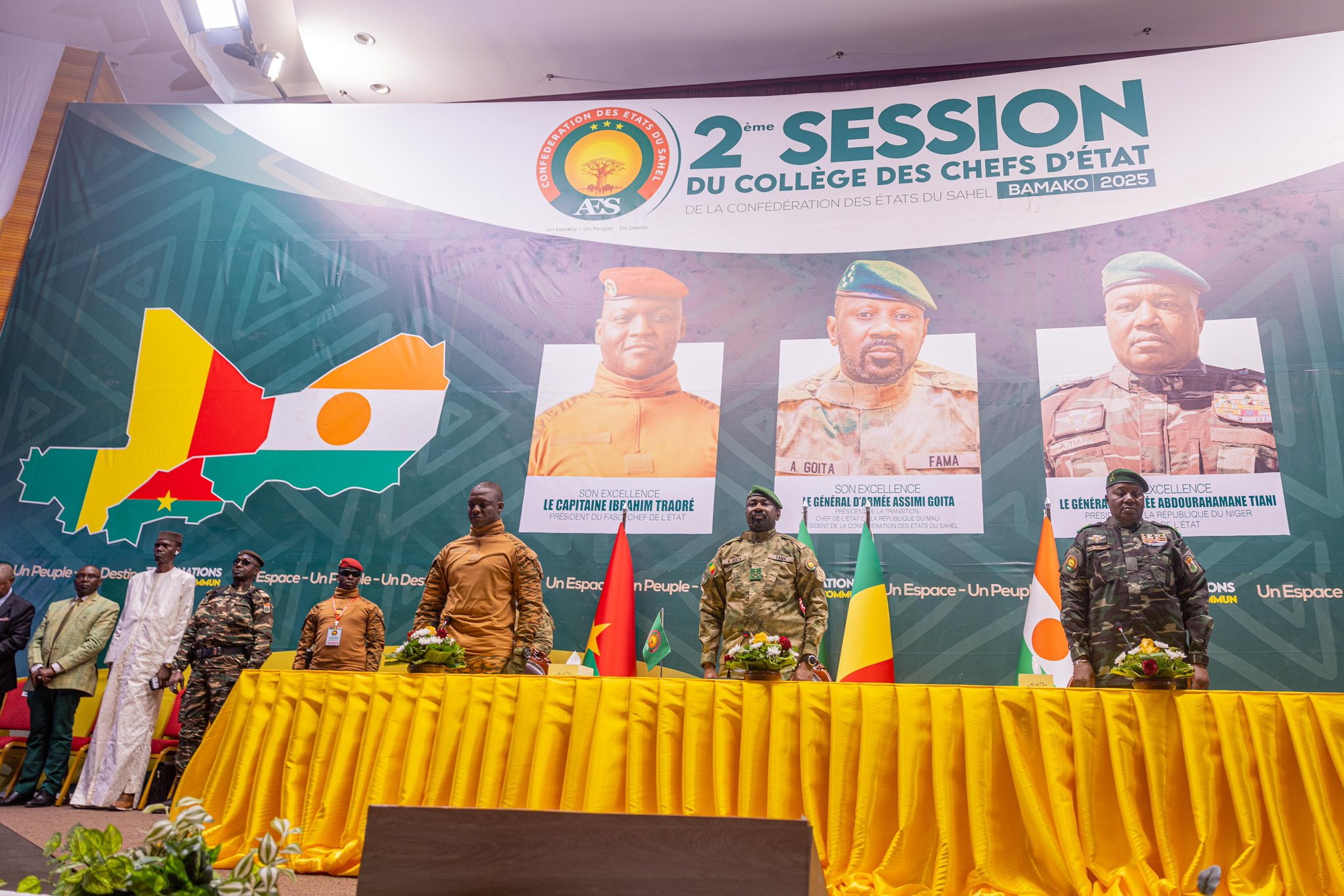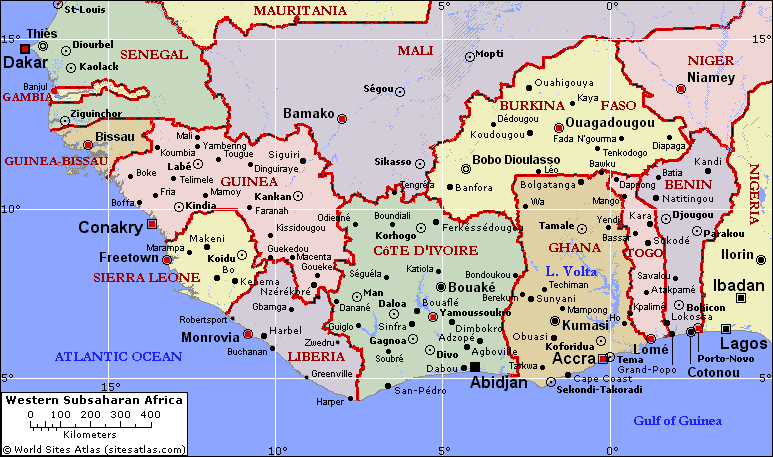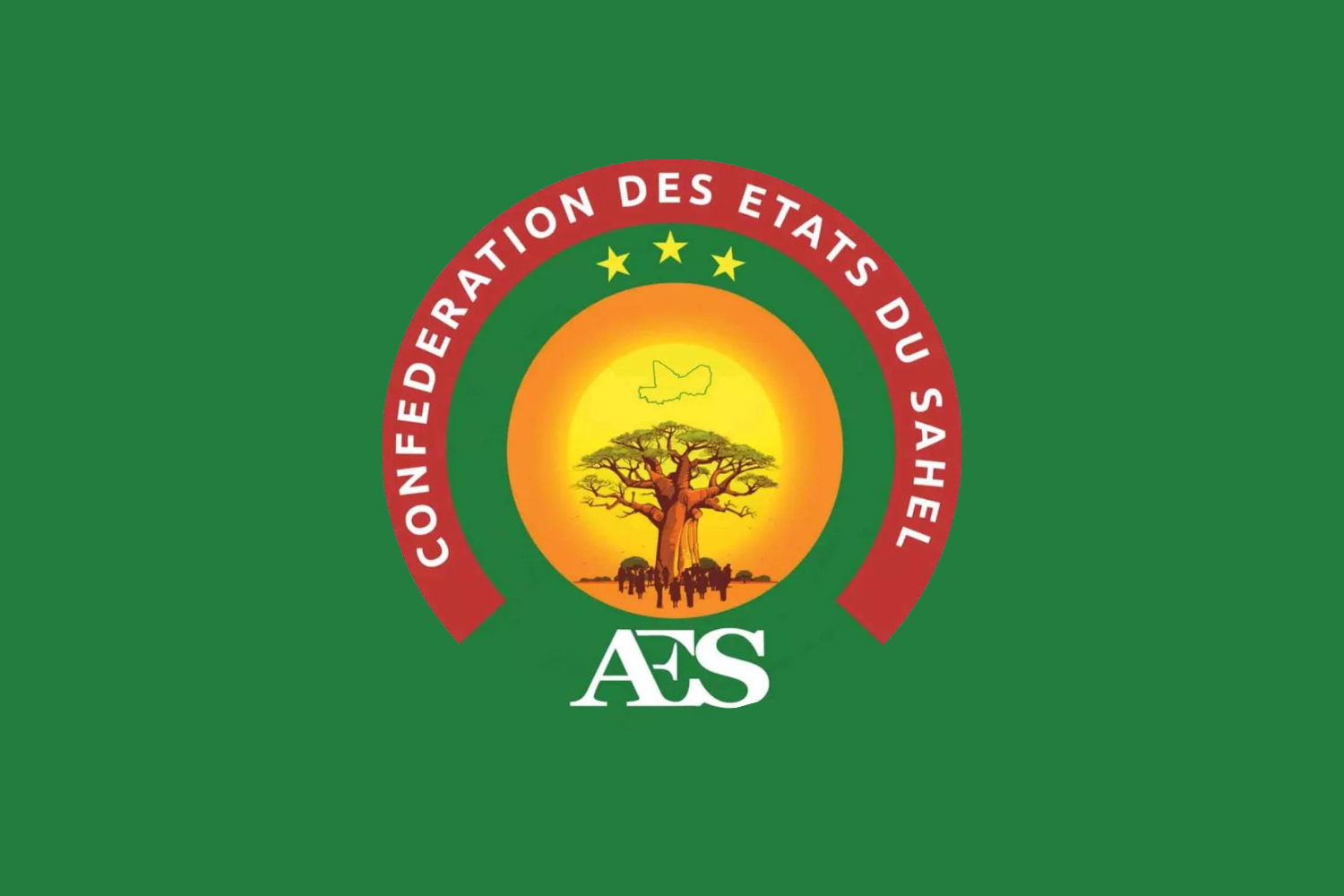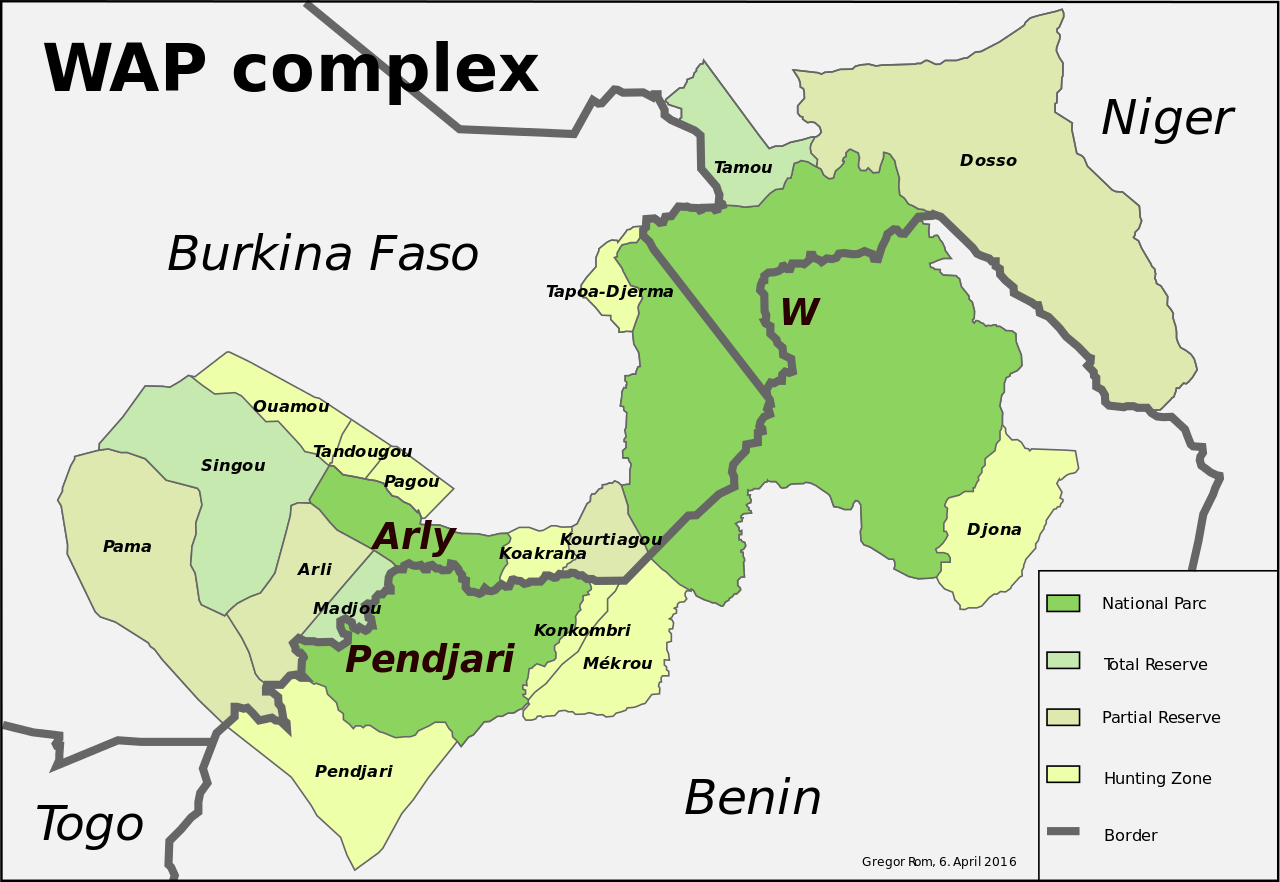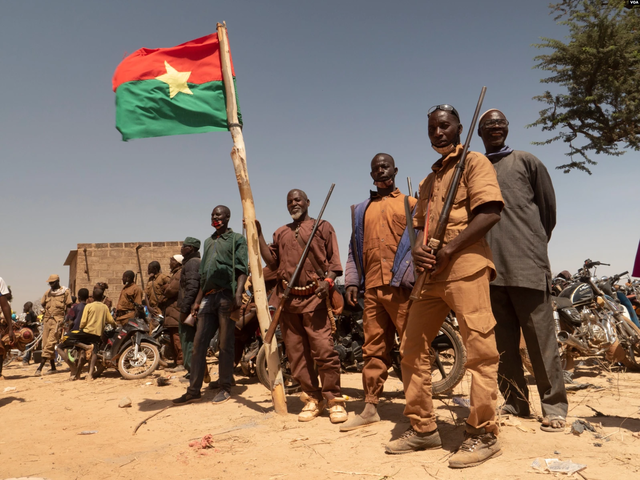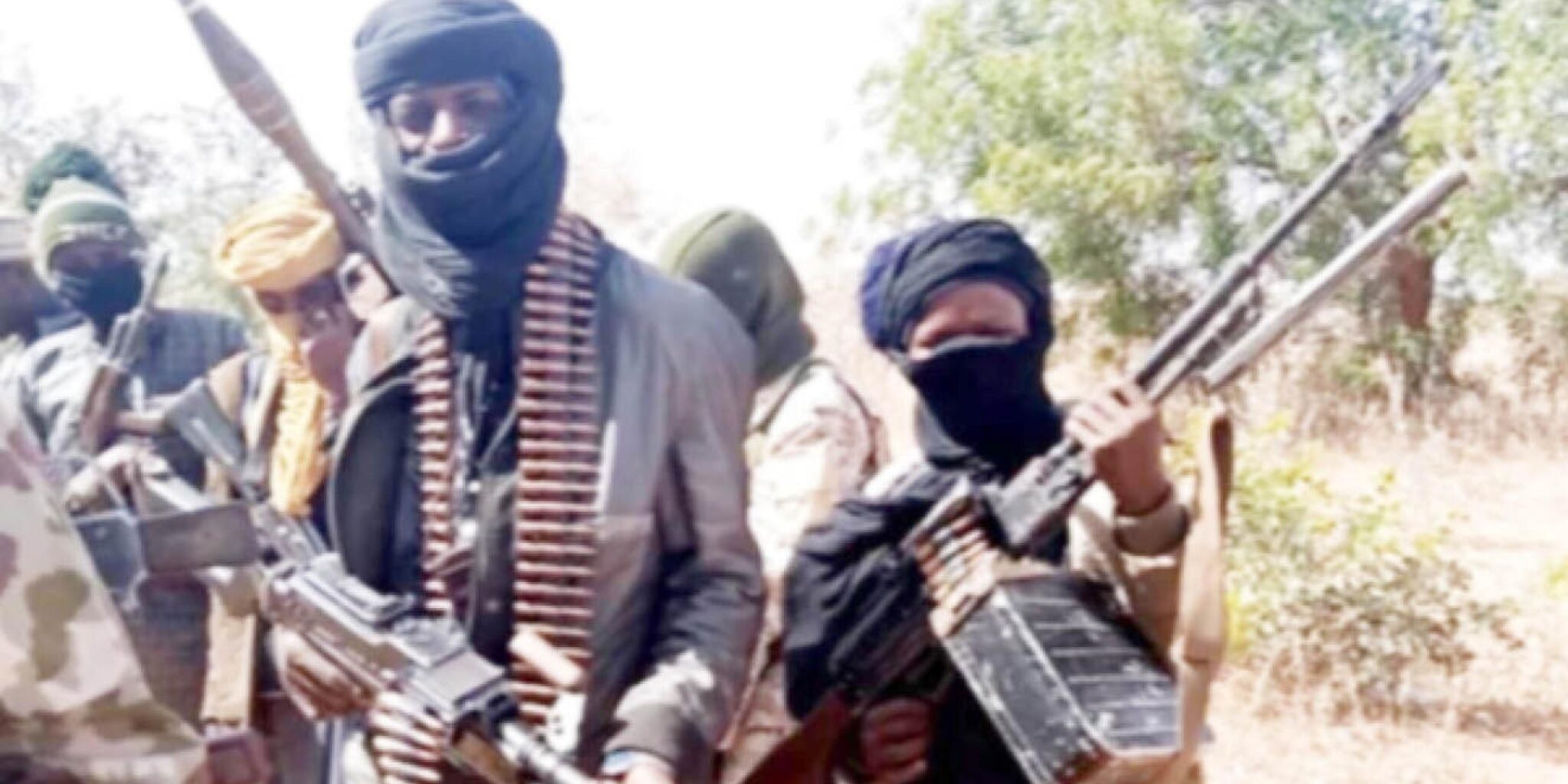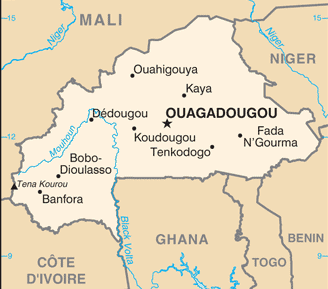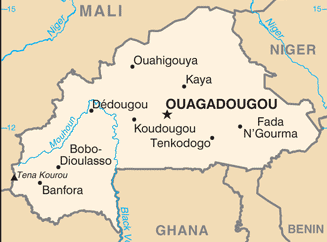
UN rights chief protests Burkina Faso civic crackdown
The UN’s top human rights official demanded that Burkina Faso end its clampdown on civic freedoms, including an announced ban on political parties. In his comments, UN Human Rights Chief Volker Türk emphasized that the government’s decision to prohibit political parties marks a serious setback for the freedoms of expression, association and political participation in Burkina Faso. The rights chief further urged the government to repeal its restrictive laws, allow unimpeded humanitarian assistance to those in need, and unconditionally release those arbitrarily detained. Türk’s office stated that the authorities’ actions have “sharply constricted civil society’s activity in the country, inconsistent with international human rights law.” (Map: Perry-Castañeda Library)



